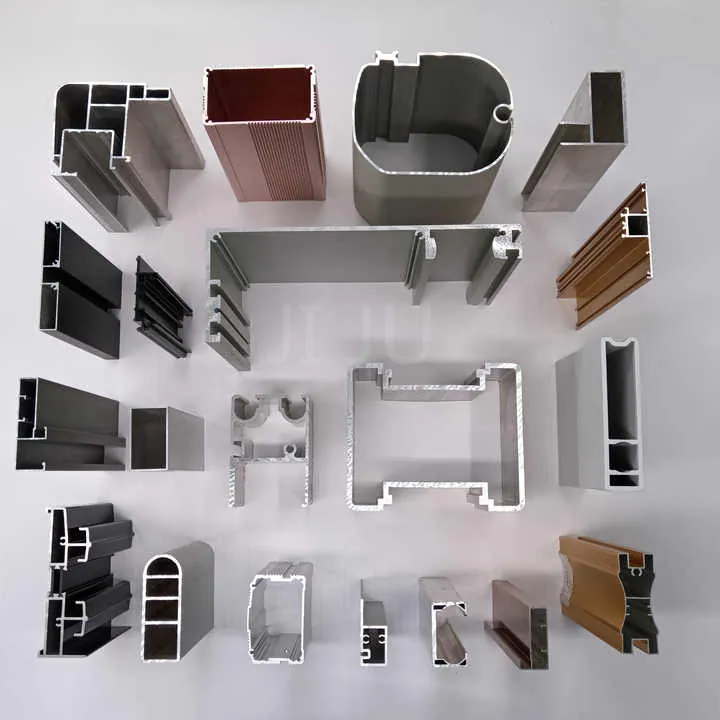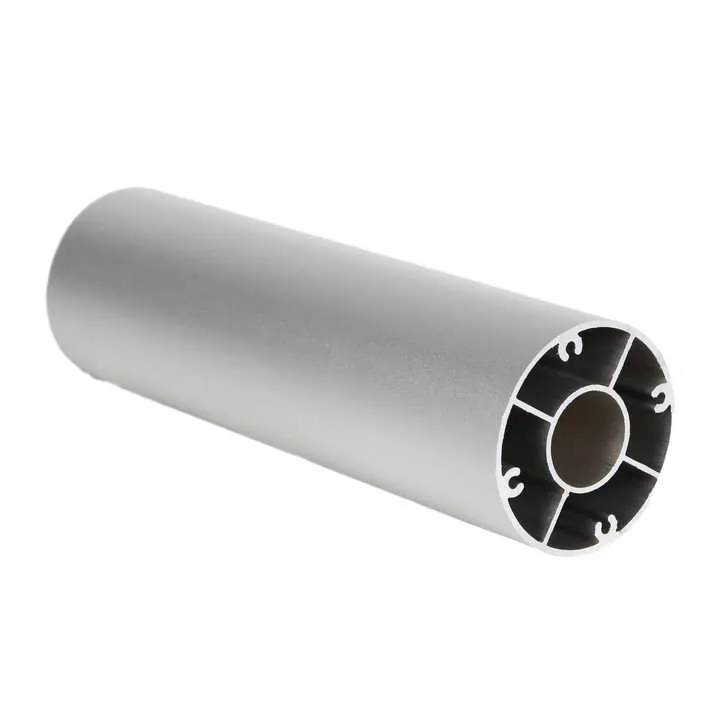How Do British People Say Aluminum?

You’re speaking with a UK client. You say “aluminum” proudly—only to get a puzzled look. Yes, the British say it differently.
British people pronounce “aluminum” as “aluminium” (al-yoo-MIN-ee-um), adding an extra ‘i’ that changes both spelling and pronunciation.
This isn’t just an accent thing—it’s a linguistic divergence with historical roots and global impact.
What’s the British pronunciation of aluminum?
American and British English often differ, but this one really stands out.
In British English, the word is spelled “aluminium” and pronounced as /ˌæl.jʊˈmɪn.i.əm/, adding an extra syllable compared to the American /əˈluː.mə.nəm/.

Phonetic Breakdown
- UK (aluminium): /ˌæl.jʊˈmɪn.i.əm/
- US (aluminum): /əˈluː.mə.nəm/
Stress and Rhythm
British English adds one syllable: al-yoo-MIN-ee-um vs. the US uh-LOO-muh-num. The difference isn’t just sound—it also affects rhythm and spelling.
Common Misunderstandings
This pronunciation difference can lead to confusion, especially in technical or manufacturing discussions. In my experience, it’s best to adopt the local version when speaking with British partners.
| Version | Spelling | Pronunciation | Region |
|---|---|---|---|
| American | Aluminum | uh-LOO-muh-num | USA, Canada |
| British | Aluminium | al-yoo-MIN-ee-um | UK, Commonwealth |
British English pronounces aluminum with an extra syllable: 'aluminium'.True
British pronunciation includes an added 'i' that forms the word 'aluminium' with four syllables.
In British English, aluminum is pronounced the same as in American English.False
British English adds an extra syllable and changes the stress.
Why do UK and US use different terms?
This isn’t random. There’s a reason the word split.
The difference between “aluminum” and “aluminium” stems from 19th-century naming conventions and a push for consistent element names.

Naming Origins
The element was first named “alumium” by British chemist Sir Humphry Davy in 1807. He later revised it to “aluminum,” but British scientists thought it sounded odd.
So they aligned it with other element names like sodium, calcium, magnesium, and added an -ium ending: aluminium.
American Simplification
Noah Webster, famous for Americanizing spellings (color vs. colour, center vs. centre), favored simpler, more phonetic forms. The spelling aluminum stuck in the US and Canada.
Timeline of Divergence
| Year | Development | Region |
|---|---|---|
| 1807 | “Alumium” coined by Davy | UK |
| 1812 | Davy revises to “Aluminum” | UK/US |
| 1820 | British scientists adopt “Aluminium” | UK |
| 1925+ | US standardizes “Aluminum” | USA |
British scientists changed the spelling to 'aluminium' to match other element names.True
They added the '-ium' to align with elements like sodium and magnesium.
The spelling 'aluminum' was first introduced by American scientists.False
British chemist Humphry Davy originally coined both versions.
Is “aluminium” used globally?
You’ll hear different versions depending on where you are.
“Aluminium” is used in most countries following British English, including Europe, India, Australia, and Africa, while “aluminum” is mainly used in the US and Canada.

Regional Preferences
- Aluminum: USA, Canada
- Aluminium: UK, Ireland, Australia, New Zealand, South Africa, India, EU nations
Even in technical literature, the regional form is usually followed. Some international organizations accept both, but ISO documents generally use “aluminium.”
Trade Considerations
If you’re exporting to Europe or Commonwealth markets, using “aluminium” on labels or specs might create better trust and understanding.
| Country/Region | Preferred Term |
|---|---|
| United States | Aluminum |
| Canada | Aluminum |
| United Kingdom | Aluminium |
| Australia | Aluminium |
| Germany | Aluminium |
| India | Aluminium |
Most European countries use the spelling 'aluminium'.True
European English follows the British standard, which uses 'aluminium'.
The ISO standard uses the American spelling 'aluminum'.False
ISO and most international standards use the British form 'aluminium'.
How to teach correct British pronunciation?
Learning pronunciation is tricky, but very doable with the right tools.
To teach the British pronunciation of “aluminium,” focus on syllable counting, phonetic breakdown, and practice with audio examples and repetition.

Step-by-Step Guide
- Break it into syllables: al-yoo-MIN-ee-um
- Highlight stress: Stress is on the MIN syllable
- Compare with similar words: magnesium, titanium
- Use IPA (International Phonetic Alphabet): /ˌæl.jʊˈmɪn.i.əm/
- Practice with examples: Say it slowly, then at normal speed
Tools to Help
- Online dictionaries (Oxford, Cambridge)
- YouTube pronunciation videos
- Language apps like ELSA Speak or Forvo
- Flashcards with IPA + audio
| Teaching Tool | Benefit |
|---|---|
| IPA Chart | Visual guide to pronunciation |
| Audio Practice | Reinforces rhythm and tone |
| Flashcards | Syllable breakdown |
| Real-life Examples | Build memory and usage |
Example Phrase Practice
- “British aluminium exports increased last year.”
- “The aluminium frame was lightweight and strong.”
To pronounce 'aluminium' in British English, stress the third syllable: 'MIN'.True
The correct UK pronunciation emphasizes the 'MIN' part of the word.
British pronunciation of 'aluminium' only has three syllables.False
'Aluminium' in British English has five syllables: al-yoo-MIN-ee-um.
Conclusion
British people say “aluminium” because of historical naming conventions and a preference for consistency with other elements. Knowing this difference—and how to say it properly—can improve communication, especially in global industries.



